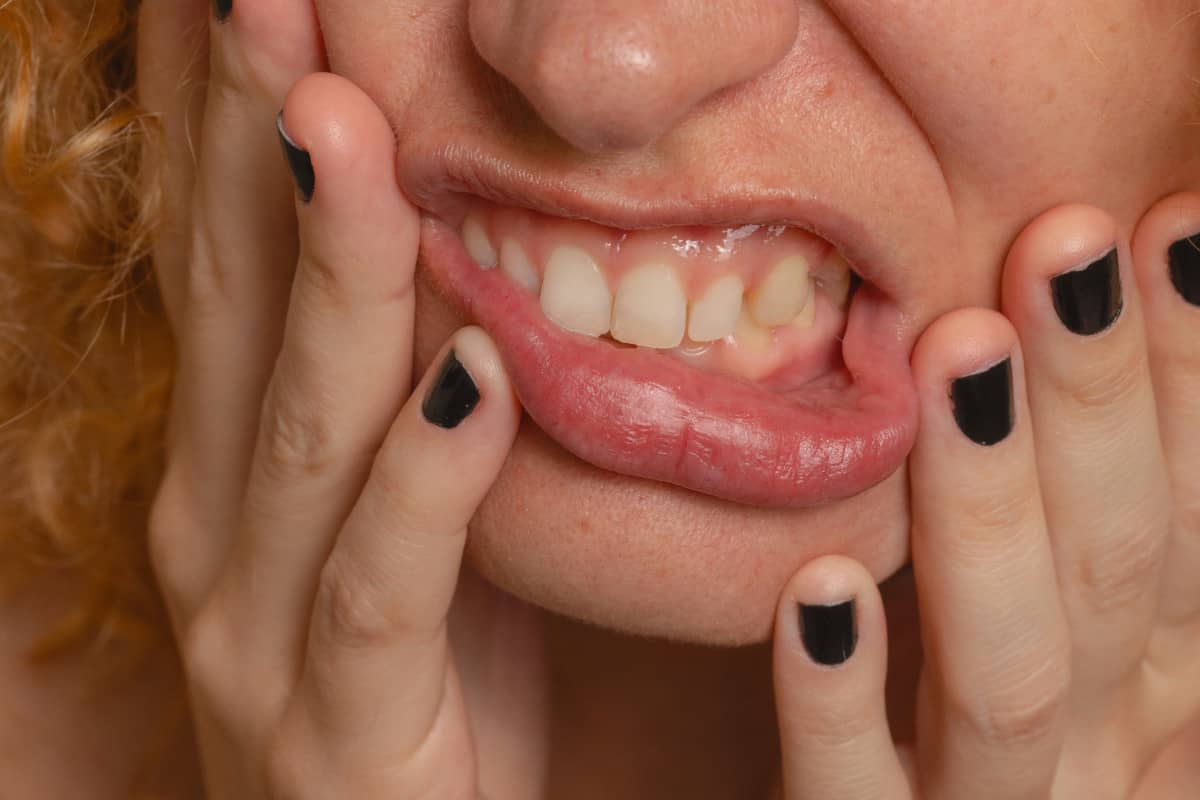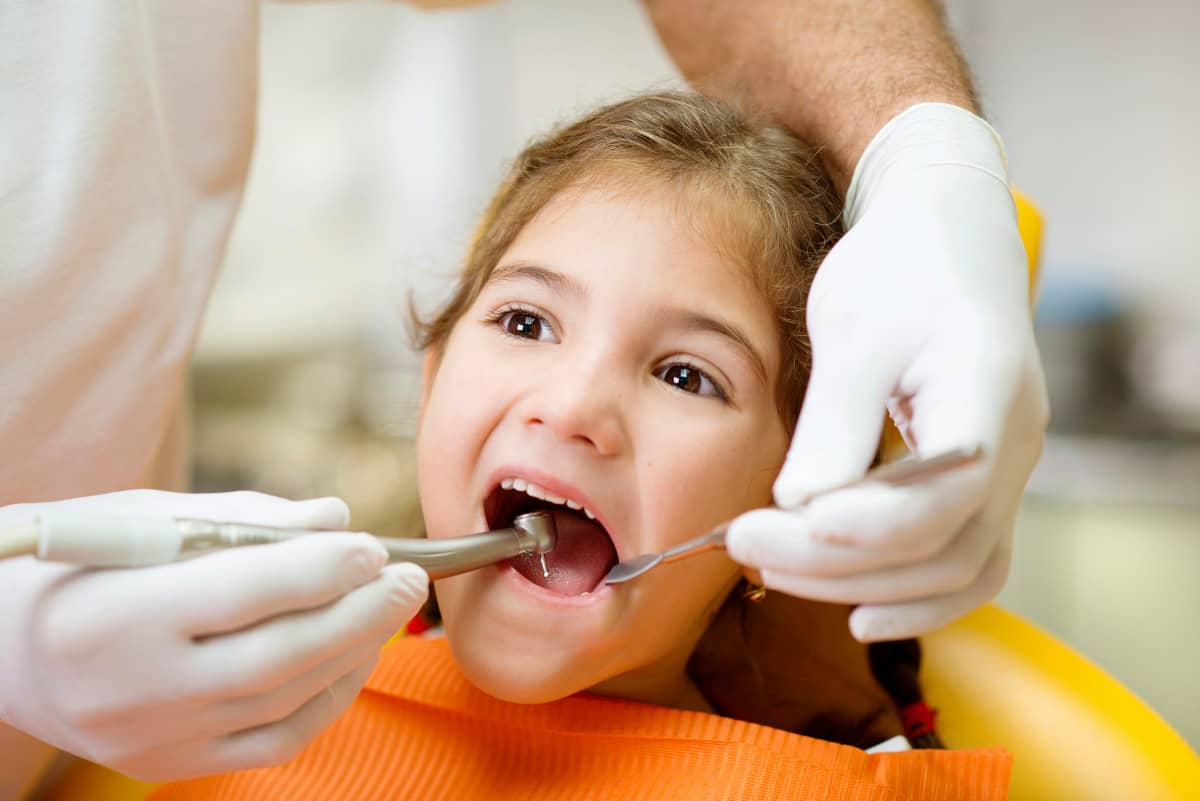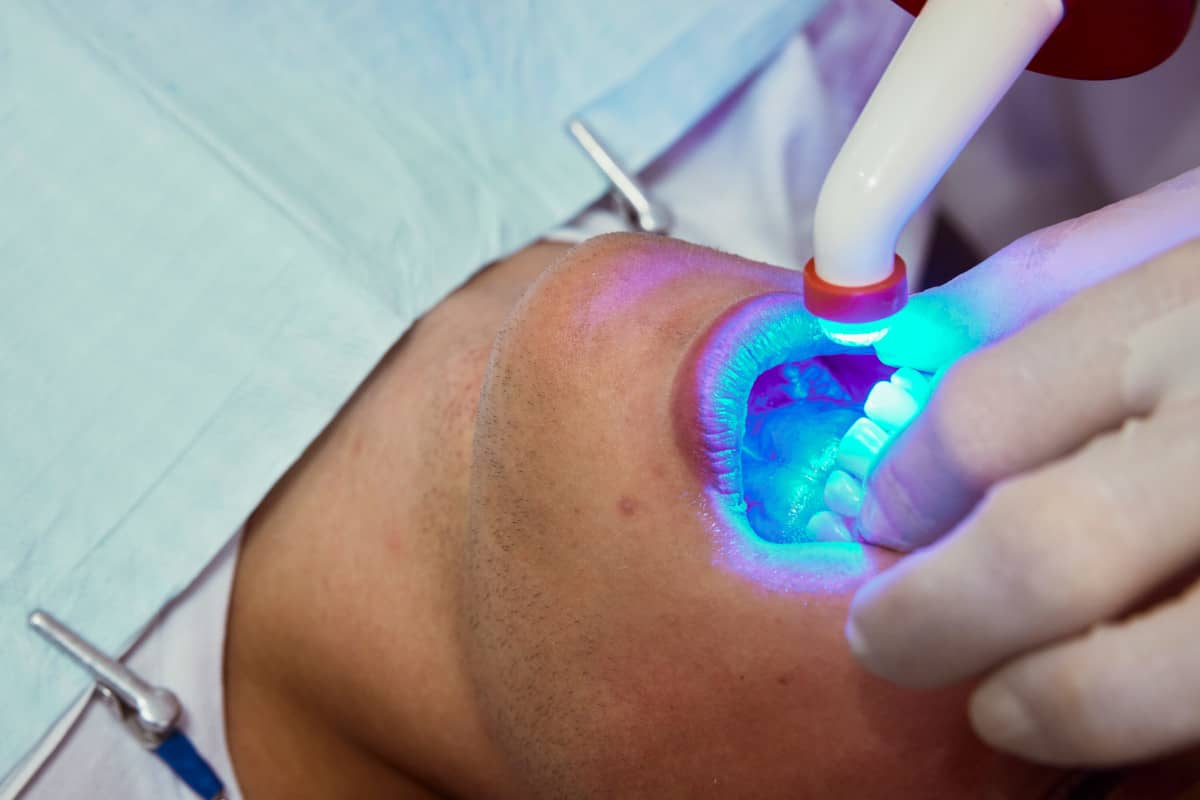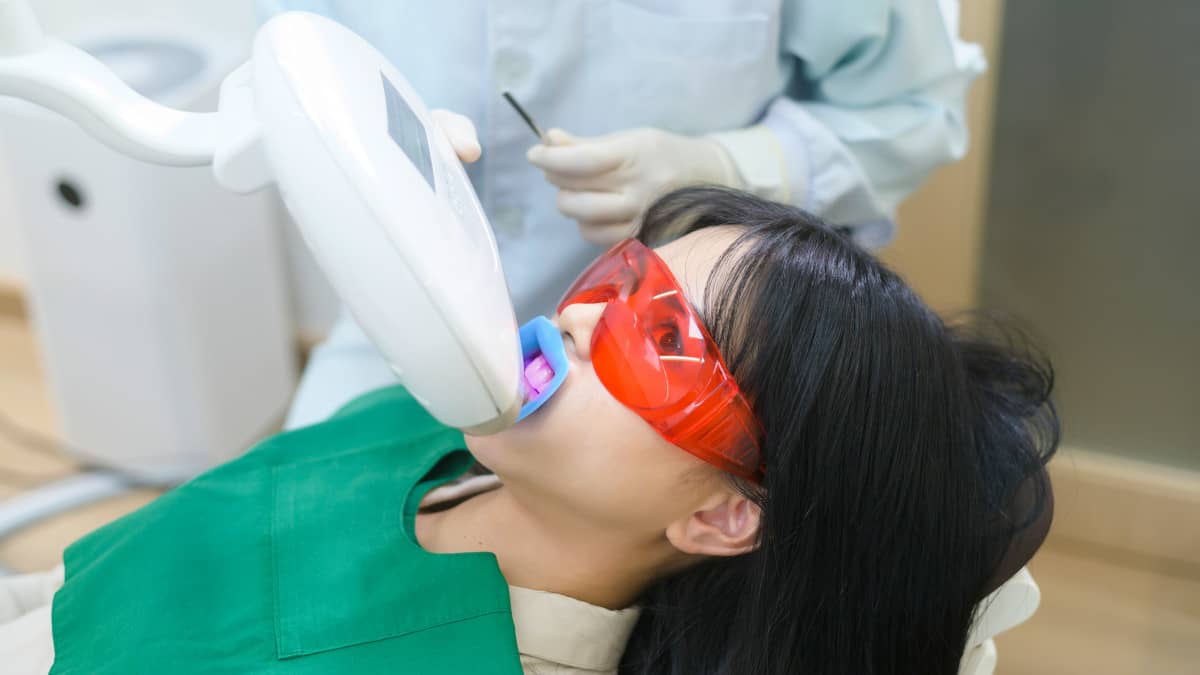
Diabetes and dental health
Diabetes is a chronic disease that affects the way the body converts food into energy, increasing blood glucose levels and can directly affect our dental health.
In addition to the serious health problems associated with diabetes in the heart, blood vessels, eyes, kidneys and nerves, it can also have a significant impact on dental health. Diabetes increases the risk of tooth decay, gum disease and other dental health problems. In this article, we will explore the importance of oral health in patients with diabetes and how it can be improved.
- How does diabetes affect dental health?
- How can patients with diabetes protect their dental health?
- What are the signs of gum disease?
- How can the dentist help patients with diabetes?
How does diabetes affect dental health?
Diabetes affects dental health in several ways. First, diabetes can cause a decrease in saliva production, which increases the risk of tooth decay. Saliva helps protect teeth by neutralising acids in the mouth and thus reducing the amount of bacteria that cause dental disease.
Diabetes and periodontal disease have a bidirectional relationship. Poor control of diabetes is associated with an increased prevalence and severity of periodontal disease, just as periodontitis is associated with poor glycaemic control.
Finally, diabetes can lengthen wound healing time or even fail surgery. If you have a wound in your mouth, such as a tooth extraction or mucosal injury, it may take longer to heal if you have diabetes.
How can patients with diabetes protect their dental health?
Patients with diabetes can take steps to protect their dental health and reduce the risk of tooth decay and gum disease. Here are some tips:
- Control blood sugar levels: Keeping blood sugar levels under control is essential to protect dental health in patients with diabetes. High blood sugar can increase the risk of tooth decay and periodontal disease.
- Brush and floss or irrigate regularly: Brushing three times a day and using supplements such as floss, interproximal brushes or irrigators once a day is essential to prevent tooth decay and maintain optimal gum health. The use of toothpastes and mouthwashes help to maintain correct enamel and stable pH.
- Schedule regular visits at Udemax clinics: Patients with diabetes should schedule regular dental check-ups every 4-6 months. During these check-ups, the dentist can detect any significant changes in the oral cavity and treat them before they worsen.
- The patient should notify the dentist of any changes in their condition: It is important for patients with diabetes to notify the dentist of their condition. The dentist can work with the physician to coordinate care and ensure that additional measures are taken to protect oral health.
- Healthy diet and habits, limiting sugary foods and drinks, alcohol and tobacco.
What are the signs of gum disease?
- Red, swollen and/or bleeding gums.
- Dry mouth and sore gums.
- Taste alterations and bad breath.
- Dental mobility.
- Oral pathologies such as: candidiasis, mycosis, glossitis, etc.
How can a dentist help?
The dentist plays a key role in preventing and treating dental health problems in patients with diabetes. Here are some ways the dentist can help.
It is important to have comprehensive dental examinations to detect any problems, such as cavities, periodontal disease and oral lesions; perform periodontal maintenance every 4-6 months; treat existing pathology so that it does not increase in severity; evaluate appropriate toothpastes and mouthrinses, etc.
The dentist may recommend more frequent appointments to ensure that dental health problems are detected and treated in a timely manner.
If it’s been a while since you’ve seen your dentist, make an appointment with us so we can review and check your overall dental health, choose the location that works best for you: Udemax in the outpatient clinics of Policlínica Juaneda, in Arcdental or in Emardental, your clinic in the centre of Palma. For more information, call us on .




